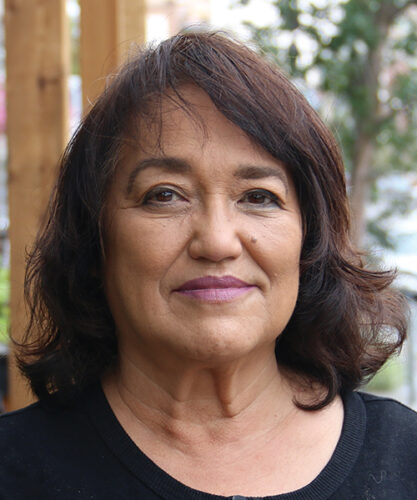
Home » Tenant, landlord groups wait on new resolution system
Tenant, landlord groups wait on new resolution system

September 10, 2021
By Virginia Thomas
Spokane Journal of Business

New laws and a state-level eviction moratorium bridge have created confusion, and more funding for rental assistance is needed, according to regional landlord and tenant group leaders.
Washington state Gov. Jay Inslee’s eviction moratorium bridge expires Sept. 30. It orders landlords and tenants to seek out rental assistance and eviction resolution pilot programs established through state legislation – Senate Bill 5160, passed in April – to resolve any past-due rent incurred between Feb. 29, 2020, through July 31, 2021.

The resolution pilot program is intended to provide for certain tenant protections during and after public health emergencies, for legal representation in eviction cases, and authorizes landlord access to state rental assistance programs. Landlords can’t evict tenants for past-due rent during the 17-month period until their county has established operational rental assistance and eviction resolution programs.
Landlords Association of the Inland Northwest President Daniel Klemme said the legal requirement for resolution is reasonable.
“These dispute resolution centers, if they’re able to do their mission with the appropriate staff levels, I think are going to be a positive thing for landlords and tenants,” Klemme said.
As both landlords and tenants wait, rents continue to climb quickly.
Terri Anderson, director of the Tenants Union of Washington in Spokane, said she’s hearing from many tenants that their rent has increased significantly, pricing them out of their current unit in a tight rental market.
“We call those economic evictions,” Anderson said.
According to San Francisco-based Apartment List’s August Rent Report, rents in Richland increased 1.8% in July compared with June rents. Nationally, rent increased 2.5% in July compared to June.
Year-over-year, rents in Richland jumped 16.4%, according to Apartment List. Median rents in July were $1,312 for a one-bedroom unit and $1,483 for a two-bedroom unit.
The Washington Center for Real Estate’s spring 2021 Washington State Apartment Market Report, released in late May, showed that the vacancy rate at the time in Benton and Franklin counties was 1% for a one-bedroom apartment and 1.4% for a two-bedroom unit.
Anderson said while the organization is largely pleased with state tenant protections imposed through recent legislation, she’s lobbying for inclusion of some tenants who aren’t provided for under the law. Anderson wants to make it easier for tenants to access legal services, to which they have a right under the new laws.
Klemme said he’s concerned that the eviction resolution system will be overwhelmed.
“If a landlord was to serve a notice to a tenant for nonpayment, the landlord is going to send it to the dispute resolution center as well as the Northwest Justice Project, which are the free lawyers that tenants are going to have access to – except there’s not enough of them working.” Klemme said.
That’s going to create a backlog of cases that will slow down the entire system, he contends.
“I’m sure it’s hard to hire a bunch of lawyers,” he said. “But it leaves landlords on the hook, because we have no idea when this process is going to start or what that looks like.”
Anderson said another concern is in House Bill 1236, which created a just-cause eviction law for tenants with month-to-month leases. Anderson said the legislation codified 17 causes – including nonpayment of rent, substantial breach of lease term, the owner selling the unit, illegal activity on the premises, or condemnation of the unit by a local agency – for which a landlord could evict a tenant, but the legislation doesn’t apply to tenants on fixed-term leases.
The tenants union is lobbying to have fixed-term leases included in the law, she said.
Klemme said many tenants have continued paying their rent on time throughout the Covid-19 pandemic, but he’s heard from some landlords at the Landlords Association of the Inland Northwest who say about half of their tenants are behind on rent.
Klemme said that with layers of legislation to understand, he doesn’t feel the moratorium is going away any time soon, and many landlords are feeling the pain.
“If you only have one rental unit, going 18 months without rent is a really hard position to be in,” Klemme said. “You could see how this leads to an obvious question, which is, should I sell my property?”
Klemme said he’s encouraging landlords not to sell their rental properties.
“Why are there so few rental homes – especially single-family homes? It’s because a lot of landlords are selling their single-family homes to owner-occupiers,” Klemme said. “That’s one less rental unit on the market. That’s definitely part of what’s going on. That does make prices go up.”
The U.S. Supreme Court blocked the Biden administration from extending a federal ban on evictions issued by the Centers for Disease Control and Prevention. The 6-3 ruling was issued in late August.
The Tri-Cities Area Journal of Business contributed to this report.
Real Estate & Construction
KEYWORDS september 2021




